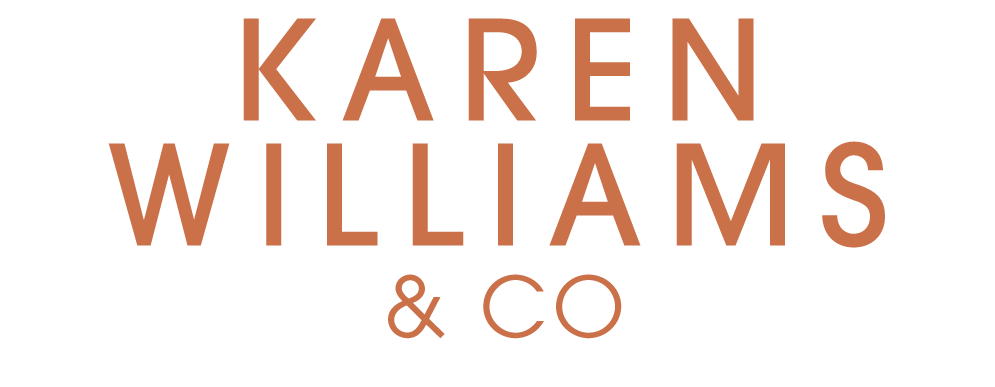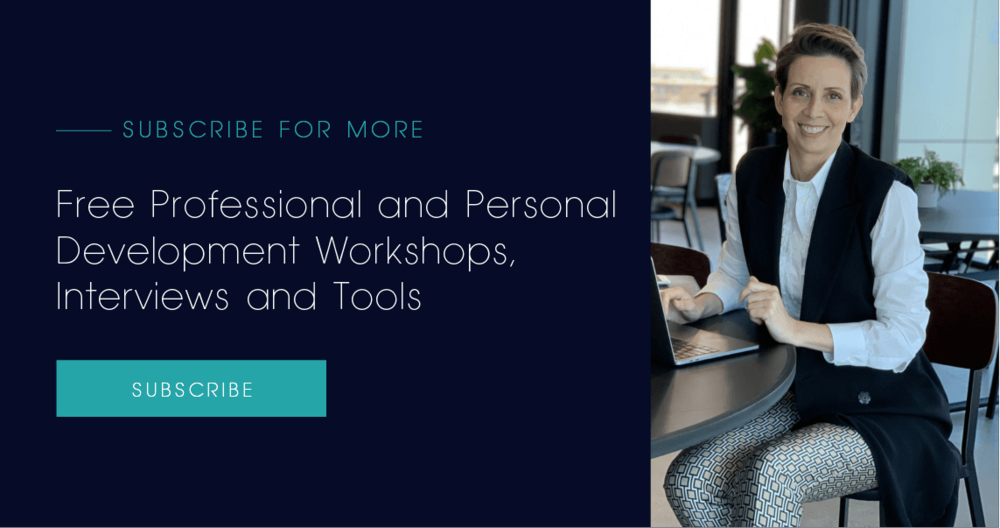The Greatest Resistance
Where is your greatest resistance?
Is it with a particular person?
A task?
A project?
Or maybe it’s to the commitments you make to yourself?
We can work hard to turn our attention away from what challenges us, but these annoyances represent an urgent invitation to our next breakthrough in presence, performance and personal power.
Here are a few clues to know if you’re in resistance…
“I don’t have time to have that conversation.”
“I’ve worked so hard already.”
“Isn’t it someone else’s turn.”
“I’m too tired this morning.”
All very reasonable, you might say, and yes may be very true, but they are also our self-imposed limits, teasing us to tolerate our current state of mediocrity. A safe and secure place for the brain whose job it is to keep us in same-same territory.
Contrary to what our clever minds try to convince us of, when we believe our resistance and continue to avoid what’s pushing our buttons, the challenge does not go away as we secretly hope.
Psychiatrist Carl Jung contended ‘what you resist not only persists, but will grow in size’.
Like pushing hard against a door that is clearly labelled ‘Pull’, our avoidance drains our energy, clarity and confidence.
A leader I had the pleasure of coaching last year consistently avoided a conversation she knew she needed to have with her boss. She was feeling frustrated with the workload, unclear on her boss’ expectations, unsure if she was performing well in his eyes. She also needed support and was unsure how to ask for it. So she kept putting it off, buying into her own excuses, hoping somehow it would resolve itself.
As she continued to resist having the conversation, the problem became more urgent – not only in her mind, but in her level of satisfaction at work. And while she told herself her building resentment didn’t affect anyone else, our mindset and energy have a profound ripple affect.
Eventually, with coaching, practice and a deeper awareness, she found her way to raising what was important to her.
It turned out to be an interesting conversation, her boss had no idea she was struggling because she always seemed to be ‘happy enough’. While she was silently blaming him for not understanding, appreciating or supporting her, he was oblivious to her needs and responded positively to her courageous approach.
When we are in resistance to something we wish would sort itself out, whether it be…
A difficult conversation that requires a little vulnerability and courage.
Another new project or responsibility that threatens to push us over our edge if we don’t ask for support, or
A health challenge that requires some focus and self-prioritisation…
…our avoidance does not improve the situation.
Like pushing hard against a door that is clearly labelled ‘Pull’, our avoidance drains our energy, clarity and confidence.
If what’s possible for us on the other side of a little courage is a whole lot of understanding, trust and self-respect, we have to ask ourselves why we invest so much time and effort in not going there.
As creatures of habit we would rather keep doing what we did yesterday, blaming something else or someone else, than be responsible for our sneaky little avoidances.
But if we can be ok with being human, and accept that putting things off we’re uncomfortable with is part of our habitual nature, we can become aware of what’s holding us back from experiencing connection, success and fulfilment and invest our energy in transcending that.
Less avoiding. More accepting.
Less resisting. More allowing.
Less suffering. More appreciating.



